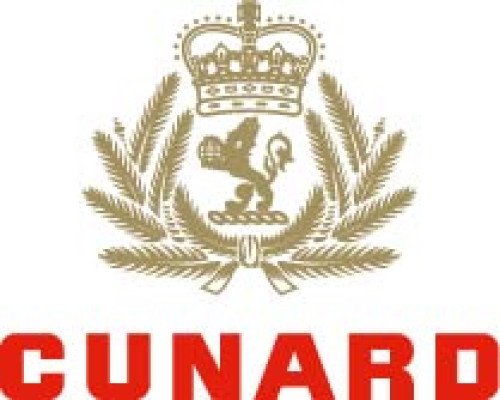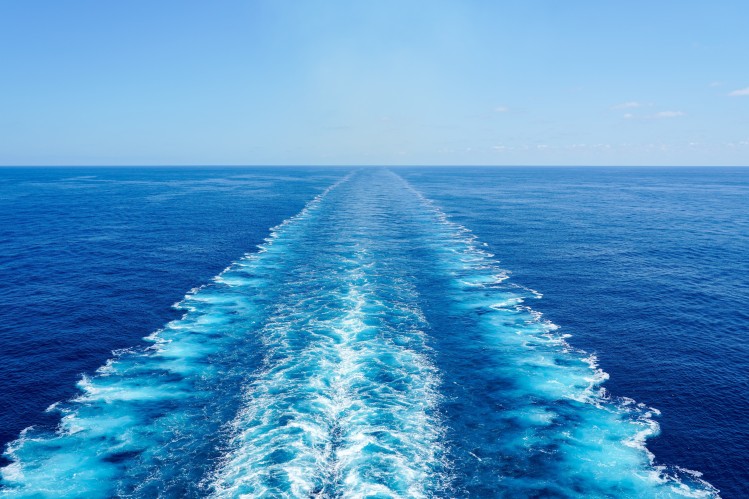Want to add a hotel stay or change your flights?
Just call our team of cruise specialists to help build your dream cruise holiday today!
Prices based on 2 people sharing. Cruise only price does not include flights. Fly-cruise price may vary by chosen UK airport.
(Prices correct as of today’s date, are updated daily, are subject to change and represent genuine availability at time of update).
This cruise only holiday is financially protected by ABTA
Please click here to check the essential travel requirements before booking this cruise.
Itinerary
Southampton
Lying near the head of Southampton Water, a peninsula between the estuaries of the Rivers Test and Itchen, Southampton is Britain’s largest cruise port. It has been one of England’s major ports since the Middle Ages, when it exported wool and hides from the hinterland and imported win... Read More
Southampton
At Sea
At Sea
At Sea
Cartagena
At Sea
Civitavecchia
La Spezia
Marseille
At Sea
Málaga
Gibraltar
At Sea
At Sea
Southampton
What's Included with
Cunard Cruises
Sail in luxury onboard a Cunard Cruise ship. With butler service available in all suits you can sit back and relax. You’ll find all the essentials onboard, allowing you to have the rejuvenating holiday you wanted.
Dinning
Pools & Hottubs
Tea and coffee
Butler service in all suites
Shuttle service to and from ports and airport where available
Explore Queen Anne
Queens Grill
The Queens Grill Restaurant is truly the epitome of luxurious, intimate dining. With a stellar menu and an atmosphere to match, enjoy the ultimate in sophistication and exclusivity.
At the Queens Grill Restaurant, attentive waiters will be on hand to take care of your every wish as you dine whenever you like, at a table that stays reserved for you throughout your voyage.
Whether you’d like to make a special culinary request or you’re looking for a specific accompanying wine, the choice, as always with Cunard, is yours.
Grills Lounge
More information coming soon.
Mareel Wellness & Beauty Spa
Taking inspiration from the waters on which we sail, Mareel is designed to indulge the senses and soothe mind, body, and soul. Let stress melt away in the steam bath or sauna, feel reinvigorated in our new cold room and Himalayan salt sauna, and find a sense of weightless relaxation as you float in the thermal pool. After a swim or steam, enjoy the therapeutic benefits of our thermal loungers. Here you can close your eyes and absorb the peaceful atmosphere, or perhaps read a magazine while waiting for a luxurious marine-inspired treatment.
The Zone
More information coming soon.
Deck 14

- Paddle Tennis
- Toilet
- Table Tennis
- Putting Green
- Bar
Deck 12

- The Zone Outdoor Play
- The Zone
- Library
- Commodore Club
- Bar
- Toilet
- Boardroom
- Admiral's Lounge
- Churchill's
Deck 11

- Wellness Studio
- Toilet
- Grills Terrace
- Sun Bar
- Standard Inside Stateroom
- Balcony Stateroom
- Deluxe Oceanview
- Queen Suites
Deck 10

- Standard Inside Stateroom
- Balcony Stateroom
- Deluxe Oceanview Stateroom
- Queen Suites
Deck 9

- Al Fresco Dining
- Bar
- Mediterranean Restaurant
- Indian Restaurant
- Toilet
- Gelateria
- Grill
- The Pavilion
- Standard Inside Stateroom
- Oceanview Stateroom
- Balcony Stateroom
- Queen Suite
Deck 8

- Standard Inside Stateroom
- Balcony Stateroom
- Princess Suite
- Queen Suite
Deck 7

- Standard Inside Stateroom
- Balcony Stateroom
- Club Balcony Stateroom
- Queen Suite
Deck 6

- Standard Inside Stateroom
- Balcony Stateroom
- Club Balcony Stateroom
- Queen Suite
- Princess Suite
- Grand Suite
- Master Suite
- Penthouse
Deck 5

- Standard Inside Stateroom
- Balcony Stateroom
- Club Balcony Stateroom
- Penthouse
- Princess Suite
- Master Suite
- Queen Suite
Deck 4

- Standard Inside Stateroom
- Oceanview Stateroom
- Balcony Stateroom
- Princess Suite
- Queen Suite
Deck 3

- Britannia Restaurant
- Toilet
- Photography Centre
- Grand Lobby Boutiques
- Carinthia Lounge
- Bar
- Boutiques
- Queens Rooms
- Promenade Deck
- Royal Court Theatre
Deck 2

- Royal Court Theatre
- Beauty Salon
- Bar
- Golden Lion
- Beauty Salon
- Queens Room
- Voyage Sales Shore Experiences
- Grand Lobby
- Britannia Club
- Chart Room
- The Gallery
Deck 1

- Changing Rooms
- Fitness Centre
- Relaxation Lounge
- Spa Treatment Rooms
- Embarkation
- Spa Reception
- Studio
- Thermal Suite
- Standard Inside Stateroom
- Oceanview Stateroom
- Deluxe Oceanview Stateroom
- Purser's Office
- Games Room
- Drawing Room
- Grand Lobby
Queen Anne Cabins & Suites

Britannia Inside



Britannia Oceanview Deluxe












-large_thumb.jpg)





-large_thumb.jpg)